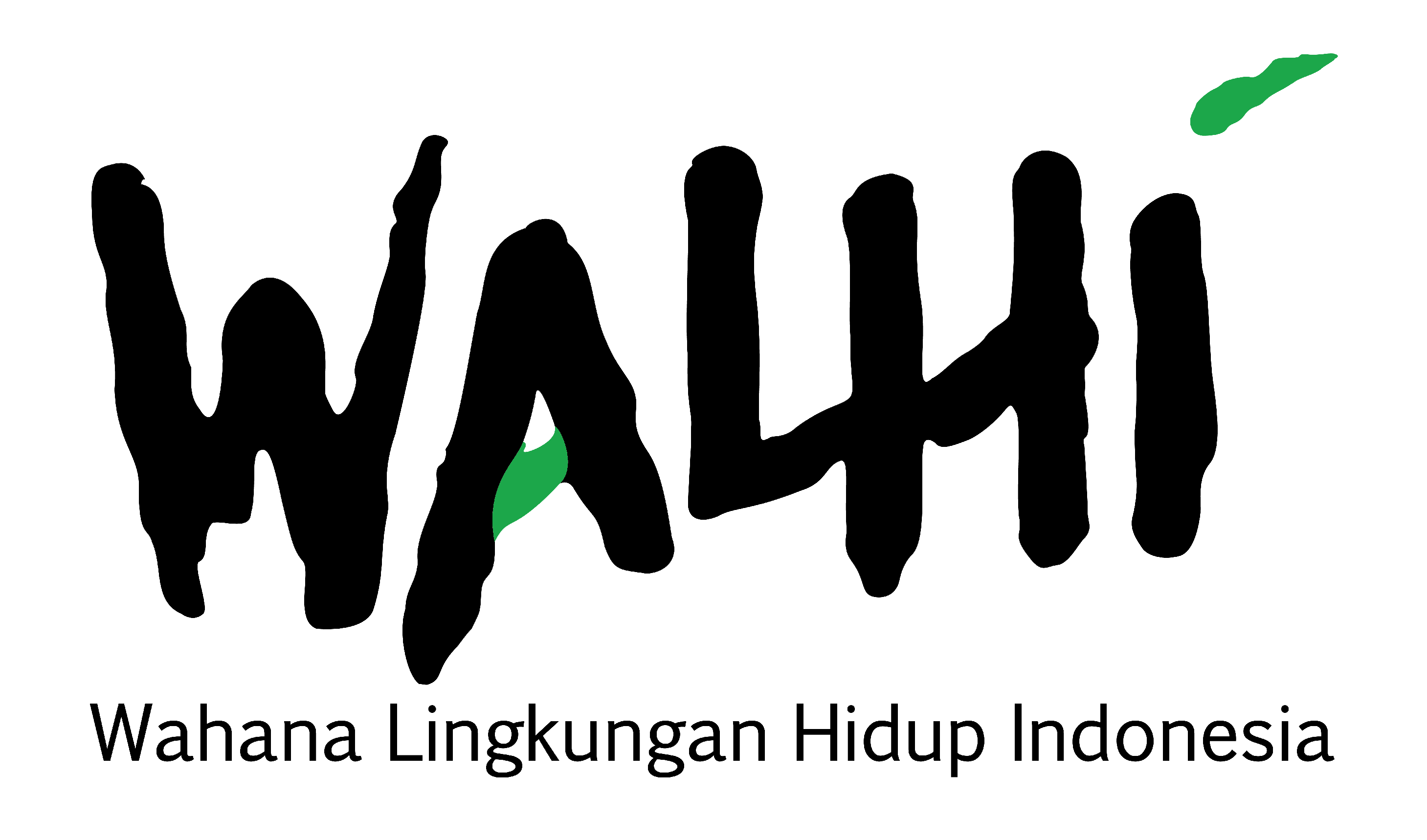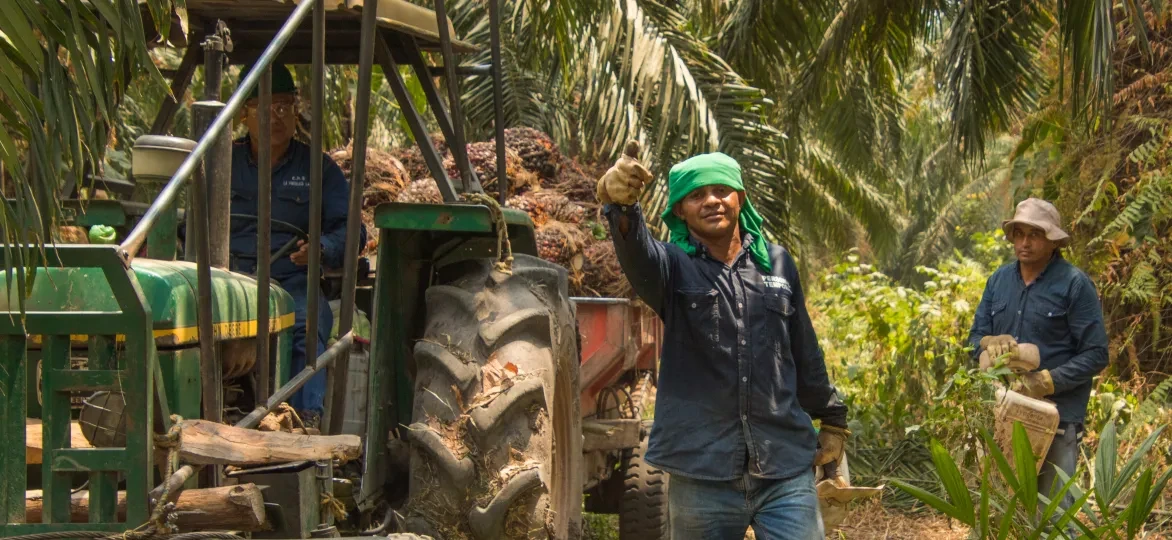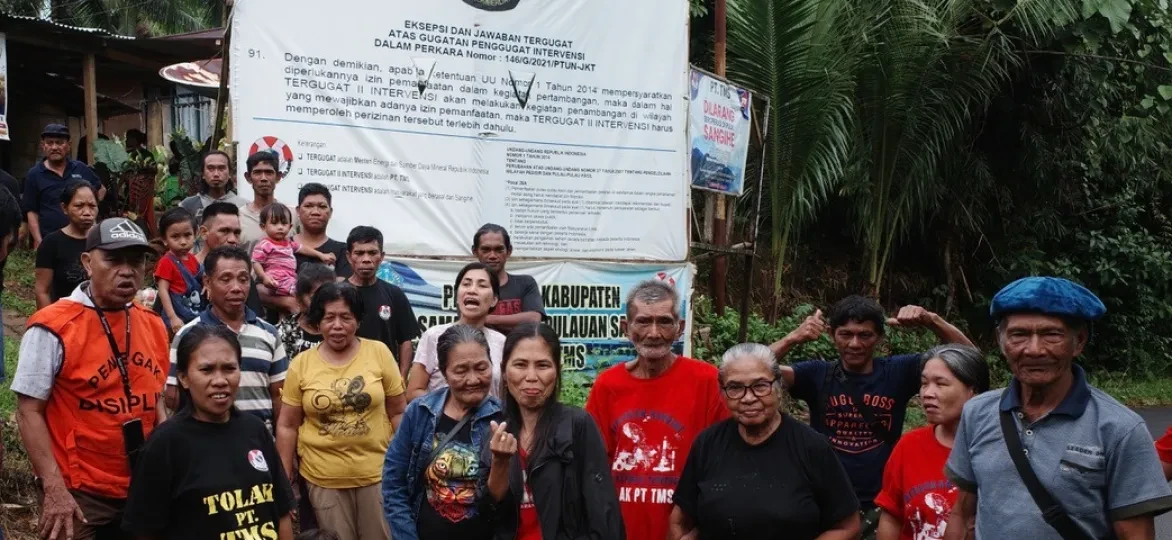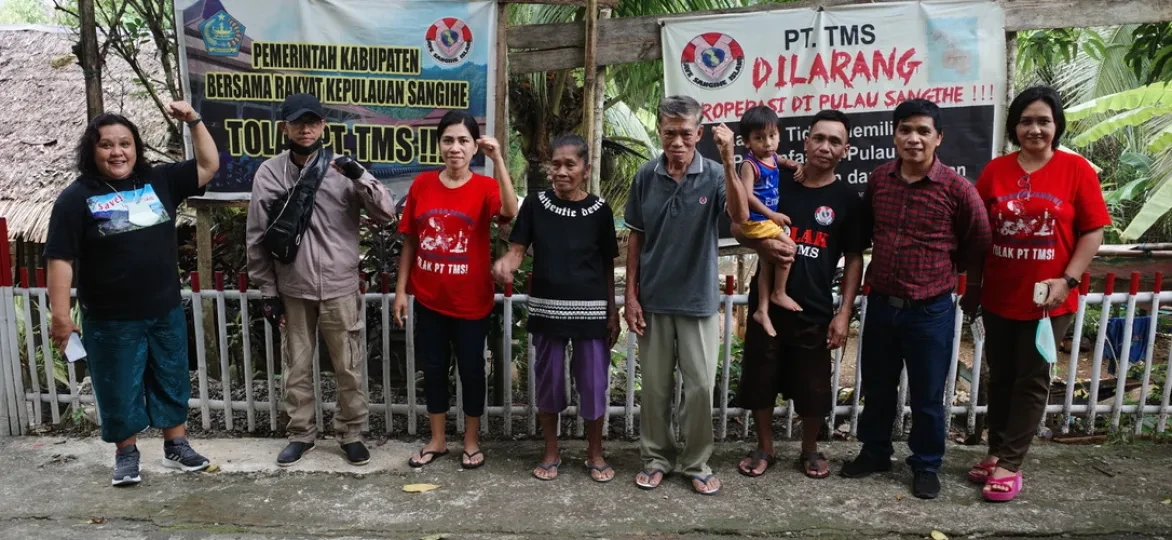Good news from Indonesia: Chemical giant BASF cancels nickel investments
Jul 15 2024
3 minutes
French mining company Eramet and German chemical company BASF have announced surprising news. They are cancelling their planned investments of 2,6 billion dollars in a nickel-cobalt refinery on the Indonesian archipelago of the Moluccas. Good news for nature and local communities. But also a wake-up call for Indonesia to work on a better legal framework for mining.
The land of rice fields, volcanoes and... nickel
Indonesia is known for its thousands of small islands, rice fields and azure waters. But also for its enormous reserves nickel. Nickel is a crucial mineral for the production of Batteries for electric vehicles. And because of the growing market for the latter, the demand for nickel has really exploded in recent years.
The country itself knows this too. With approximately 55% market share is Indonesia the largest supplier of nickel in the world. About 80% of that nickel production goes to China.
Behind the explosive exports lies the Indonesian government, which unfortunately profits over the environment states. With large-scale deforestation, loss of agricultural and fishing grounds and loss of income as a result, the local population and nature pay the price.
BASF and Eramet cancel nickel investments
This would accelerate further with the billions of investments from BASF en Eramet in nickel processing and battery production. But a year after the deal was announced, it is now being cancelled. However, their ambitions were high with an annual production of 67.000 tons of nickel and 7.000 tons of cobalt.
Although BASF and Eramet state in their official statement that they have commercial reasons for cancelling the investments, there seem to be other concerns at the root of the issue. For years, both inside and outside Indonesia, there has been criticism of nickel mining and it is clear that BASF is now throwing in the towel to continue damage to image to prevent.
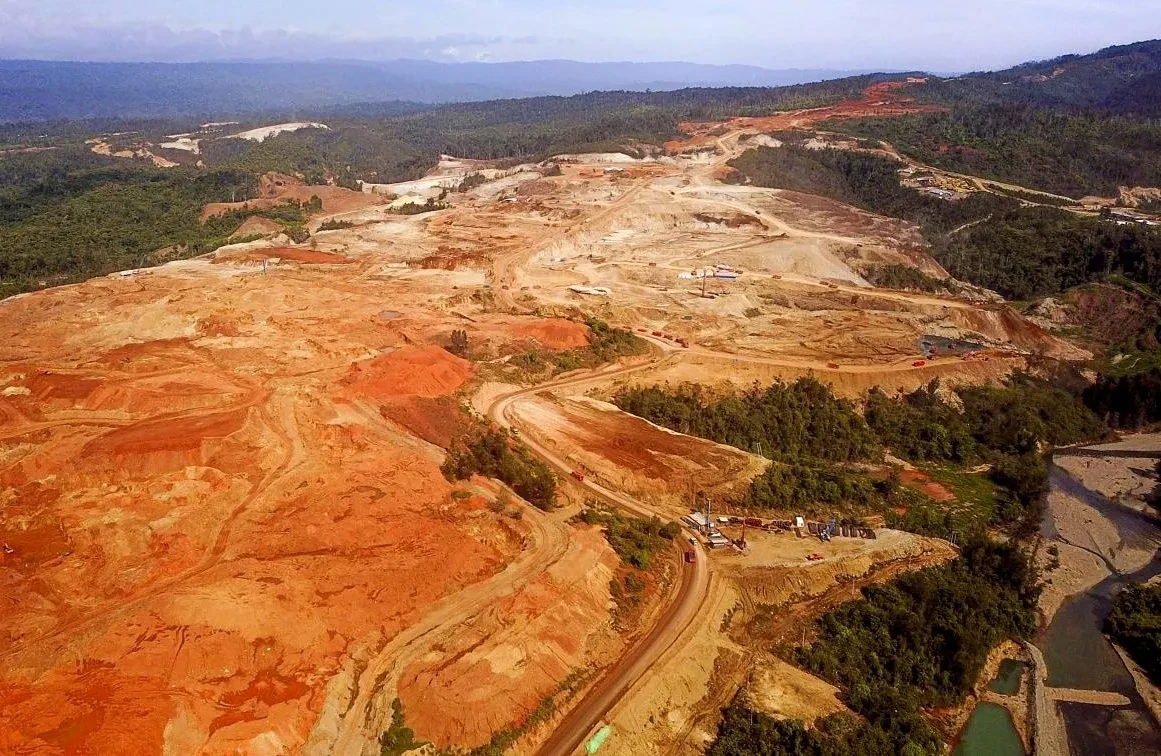
For example, a BASF spokesperson emphasizes the need for a “safe, responsible and sustainable” supply of raw materials, which indirectly refers to human rights and environmental violations associated with nickel production in Indonesia.
The question now is whether this is a wake up call for the government. “Indonesia is too lax in environmental enforcement and protecting its population. They want to be less dependent on China, but are also repeatedly confronted by Western companies that do not want to take risks. This should be a clear call to strengthen the laws and regulations around mining activities,” judges 11.11.11-Asia expert Kris Vanslambrouck.
11.11.11-partners call for stricter regulations
Also 11.11.11-partners Jatam en Walhi call for stricter regulations and better protection of the rights of local communities. They have been denouncing the destructive impact of nickel mining in Indonesia for years.
Imam Shofwan, head of the research department of our partner Jatam: “The nickel sector in Indonesia has many problems. The speed at which mines are taking over more and more land is appalling. The local population is the one who suffers because companies work together with local governments. A first important step for the government is to recognize the rights of the local population and give them a voice in the allocation of concessions. They have the right to say no and protect their future."
Indonesians have the right to say no and protect their future.
Do you support our partners in Indonesia?
Support together with 11.11.11 and its partners the future of people and the environment.


